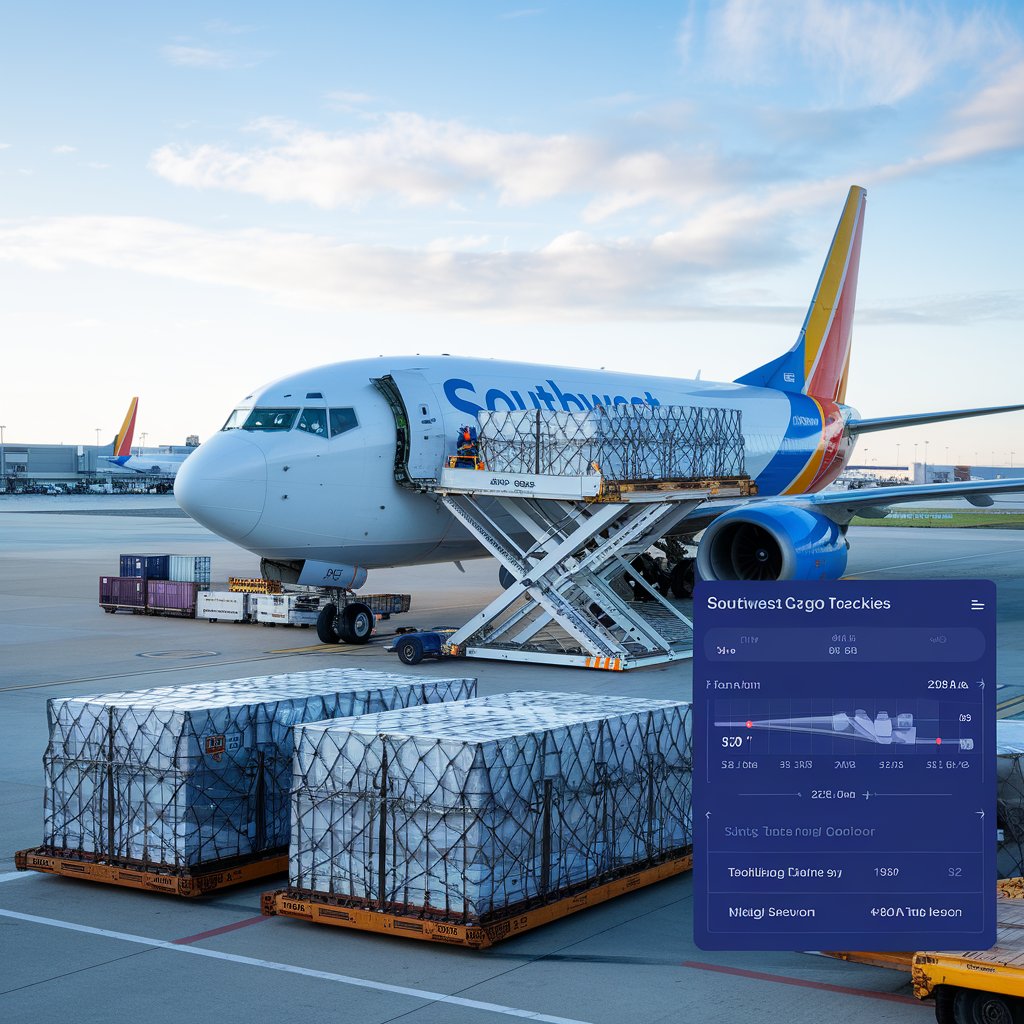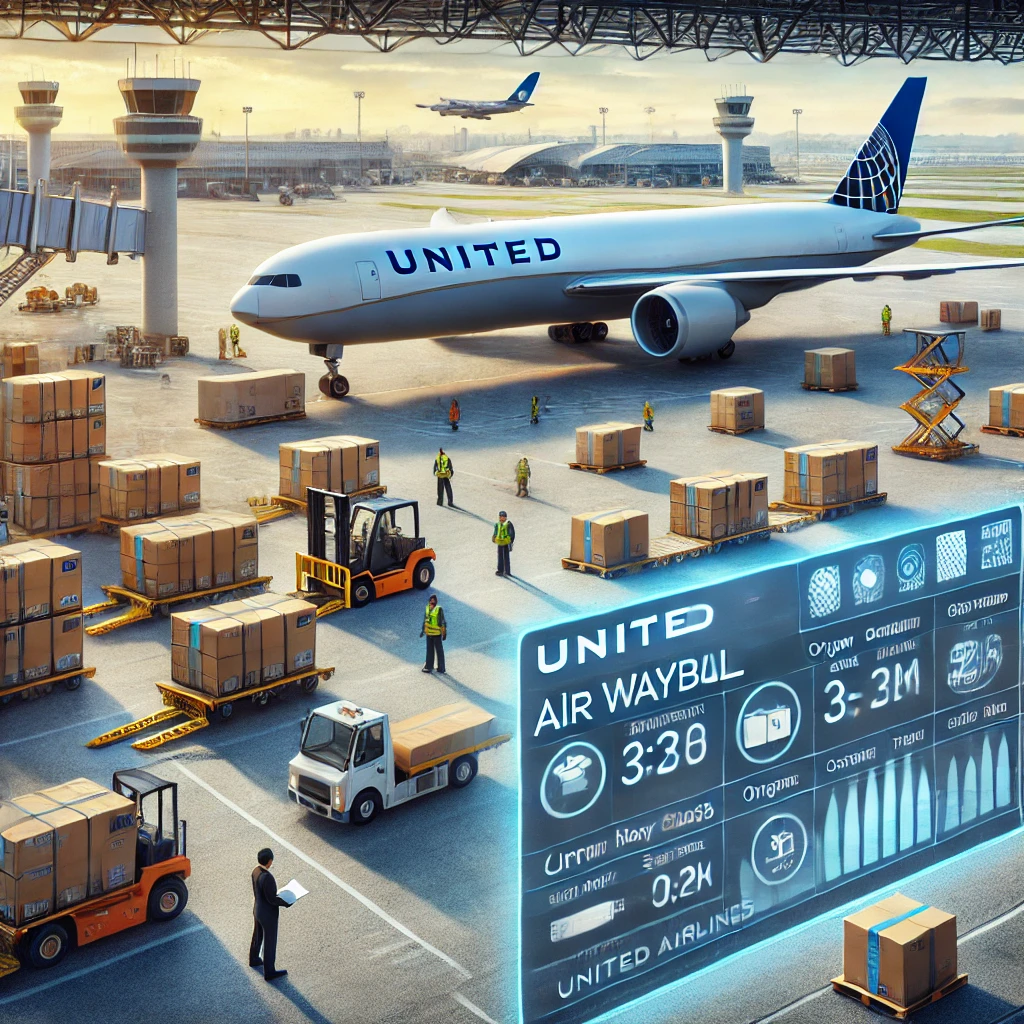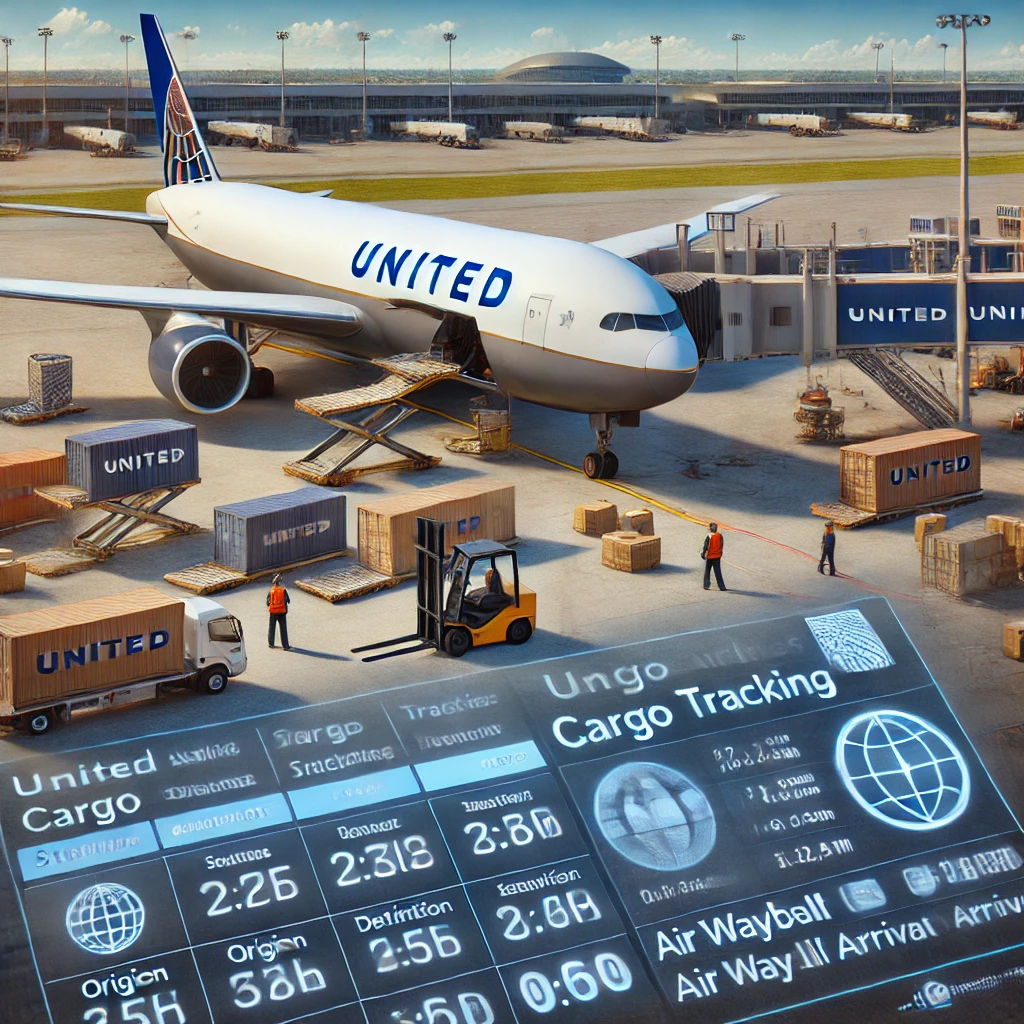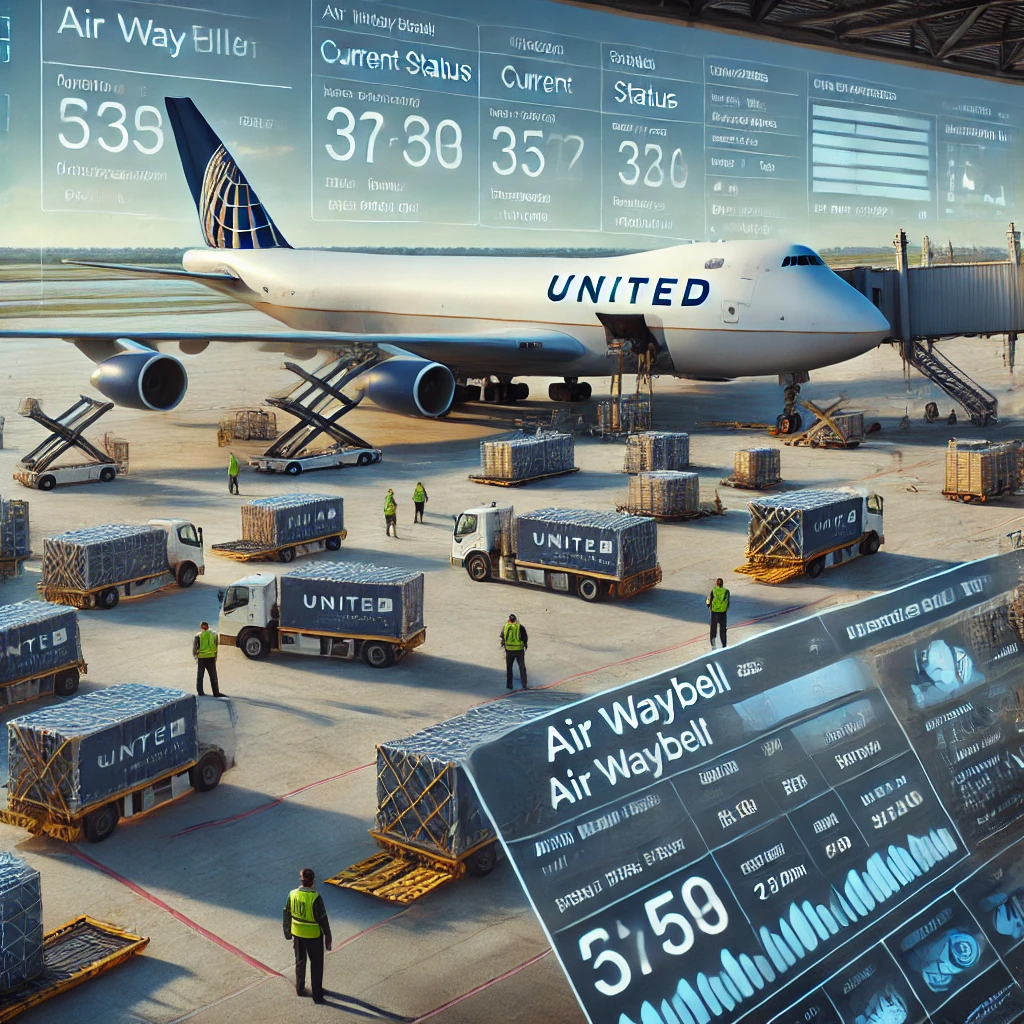AI 174: The Future of Artificial Intelligence in Logistics

Understanding AI 174
While “AI 174” isn’t a standardized term, it represents the cutting-edge, 174th-generation AI systems that are revolutionizing logistics. These advanced AI solutions go beyond basic automation, offering predictive analytics, real-time optimization, and adaptive learning capabilities.
Key Applications of AI 174 in Logistics
1. Predictive Demand Forecasting
AI 174 systems analyze vast amounts of historical data, market trends, and external factors to predict future demand with unparalleled accuracy.
- Benefits: Optimized inventory levels, reduced waste, improved cash flow
2. Intelligent Route Optimization
Advanced AI algorithms consider real-time traffic data, weather conditions, and delivery priorities to dynamically optimize routes.
- Benefits: Reduced fuel costs, faster deliveries, improved customer satisfaction
3. Automated Warehouse Management
AI-powered robots and systems manage inventory, pick and pack orders, and optimize warehouse layouts.
- Benefits: Increased efficiency, reduced errors, 24/7 operations
4. Predictive Maintenance
Systems monitor equipment performance and predict maintenance needs before breakdowns occur.
- Benefits: Reduced downtime, lower maintenance costs, extended equipment lifespan
5. Real-time Supply Chain Visibility
AI-driven platforms provide end-to-end visibility across the supply chain, identifying potential disruptions and suggesting mitigation strategies.
- Benefits: Proactive problem-solving, improved resilience, enhanced stakeholder communication

The Technology Behind
AI 174 leverages several cutting-edge technologies:
- Machine Learning: Algorithms that improve automatically through experience
- Natural Language Processing: Enabling human-like interaction with systems
- Computer Vision: For visual inspection and quality control
- Internet of Things (IoT): Connecting physical devices for data collection and control
- Blockchain: Ensuring data integrity and traceability
Challenges and Considerations
While AI 174 offers tremendous potential, its implementation comes with challenges:
- Data Privacy and Security: Ensuring the protection of sensitive information
- Integration with Legacy Systems: Bridging the gap between new AI and existing infrastructure
- Skill Gap: Training workforce to work alongside AI systems
- Ethical Considerations: Addressing concerns about job displacement and AI decision-making

Case Studies
Global E-commerce Giant X
Implemented AI 174 for demand forecasting, resulting in:
- 30% reduction in stockouts
- 25% decrease in excess inventory
- 15% improvement in customer satisfaction
Logistics Provider Y
Adopted for route optimization, achieving:
- 20% reduction in fuel costs
- 35% decrease in late deliveries
- 40% improvement in fleet utilization
The Future Outlook
As AI 174 continues to evolve, we can expect:
- Autonomous Logistics: Self-driving vehicles and fully automated warehouses
- Hyper-personalized Services: AI-driven customization of logistics solutions for individual customers
- Sustainable Logistics: AI optimizing operations for minimal environmental impact
- Predictive Risk Management: AI systems anticipating and mitigating supply chain risks
- Seamless Cross-border Operations: AI facilitating smoother international logistics

Preparing for the AI 174 Revolution
To stay ahead in the AI-driven logistics landscape:
- Invest in data infrastructure and quality
- Foster a culture of innovation and continuous learning
- Collaborate with AI specialists and technology providers
- Start with pilot projects to demonstrate value and gain buy-in
- Develop a long-term AI strategy aligned with business goals
Conclusion: Embracing the AI 174 Era
AI 174 represents a paradigm shift in logistics, offering unprecedented opportunities for efficiency, accuracy, and innovation. As the technology continues to evolve, businesses that embrace and adapt to these changes will be well-positioned to thrive in the future of logistics.
While the potential of AI 174 in logistics is immense, implementing and managing these advanced systems can be complex. This is where Linbis comes into play. Linbis specializes in developing cutting-edge logistics software solutions that leverage the power of AI, including the advanced capabilities represented by AI 174.
Linbis’s AI-powered logistics software offers:
- Seamless integration of AI 174 capabilities into existing logistics processes
- Custom-developed solutions tailored to specific business needs
- Advanced analytics and predictive modeling for informed decision-making
- User-friendly interfaces that make complex AI operations accessible to all staff levels
Whether you’re looking to implement specific AI 174 functionalities or seeking a comprehensive AI-driven logistics management platform, Linbis has the expertise to guide your digital transformation journey. By partnering with Linbis, businesses can harness the full potential of AI 174 and other advanced technologies, positioning themselves at the forefront of the logistics industry.
As we stand on the brink of this AI revolution in logistics, the question isn’t whether to adopt these technologies, but how quickly and effectively we can integrate them into our operations. With the right partner like Linbis, your business can navigate this exciting future with confidence, turning the promise of AI 174 into tangible business results.
